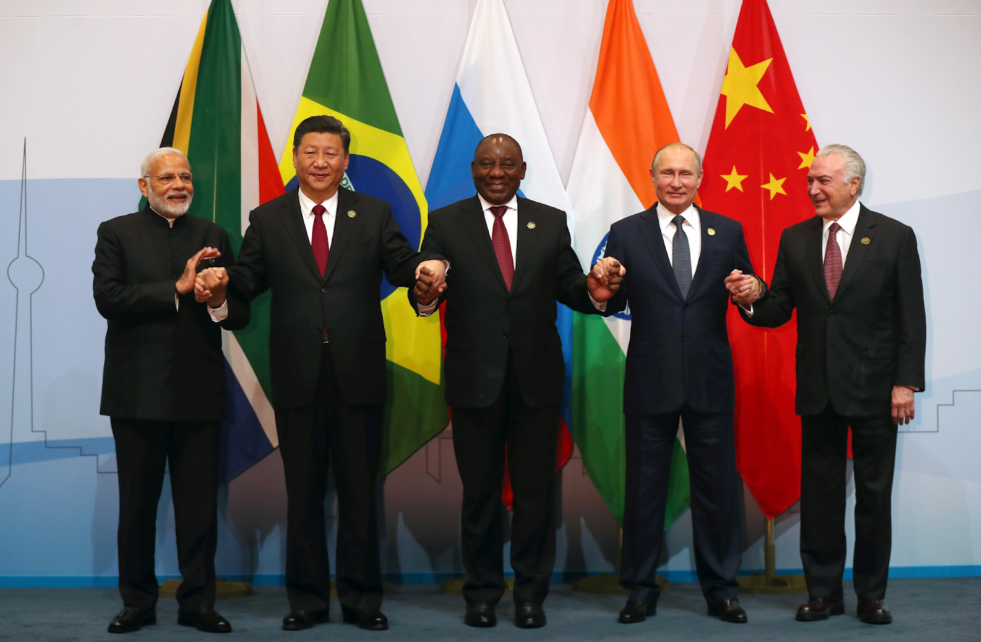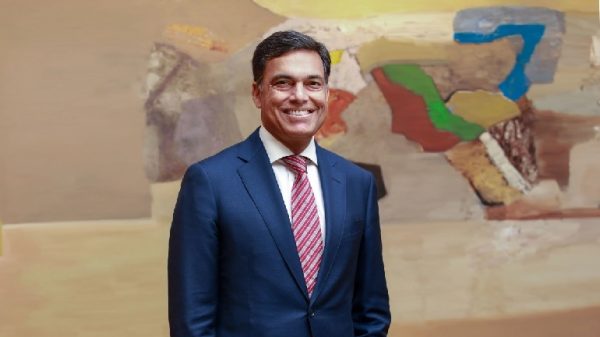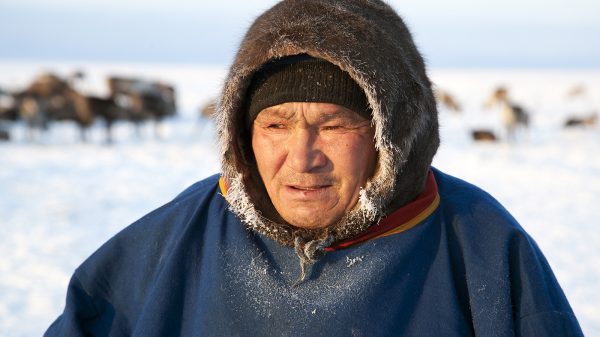Johannesburg, August 22, 2023 – The 15th BRICS Summit kicked off in Johannesburg, South Africa, on Tuesday, drawing the attention of the world as the group of emerging economies seeks to assert its influence on the global stage.
Leaders Gather in Johannesburg
This annual summit brings together the five member nations of BRICS: Brazil, Russia, India, China, and South Africa. President Cyril Ramaphosa of South Africa, hosting the event, emphasized the significance of this economic bloc, stating, “Together, the members of BRICS … make up a quarter of the global economy, they account for a fifth of global trade, and are home to more than 40 percent of the world’s population.”
The summit, taking place from August 22 to 24, has attracted over 40 heads of state and international dignitaries. Among them is Chinese President Xi Jinping, who is making his fourth state visit to South Africa.
BRICS’ Three Pillars of Cooperation
BRICS focuses on three key pillars of cooperation: political and security, financial and economic, and cultural. These pillars form the foundation for discussions during the summit.
Growing Influence of BRICS
In recent years, BRICS has witnessed a surge in influence. Combined, the member nations boast a GDP larger than the G7, and they represent nearly half of the world’s total population. According to data from Acorn Macro Consulting, BRICS countries now account for 16% of world trade and approximately a quarter of the global GDP.
This influence has sparked interest from other nations. To date, 22 countries have formally applied to join BRICS, with several more expressing interest. South African President Ramaphosa voiced support for expanding the group’s membership, emphasizing the need to build partnerships with countries that share BRICS’ aspirations and perspectives.
Themes of South Africa’s Presidency
South Africa assumed the BRICS chairmanship on January 1, 2023. Their presidency is marked by several key themes, including addressing climate change, fostering economic transformation, promoting education and skills development, emphasizing the African Continental Free Trade Area and investments in Africa, and contributing to post-pandemic socio-economic recovery while advancing Sustainable Development Goals and strengthening multilateralism.
Global Challenges on the Agenda
The 2023 BRICS Summit comes at a crucial time for the global economy. Rising inflation and food insecurity pose significant challenges. The group is expected to discuss strategies for tackling these issues, alongside topics like climate change and digital transformation.
BRICS as a Force for Fairer Global Governance
BRICS members have expressed their desire to challenge Western dominance in international institutions, advocating for more inclusive decision-making processes. The Johannesburg summit is seen as a platform for promoting BRICS’ vision of a more just and equitable world order.
Expectations for the Summit
Analysts view this summit as a test of BRICS’ ability to address global economic challenges. Success in this endeavor could solidify BRICS’ role as a major force for change. Russia’s Foreign Intelligence Chief, Sergey Naryshkin, sees “great potential in terms of creating the architecture of international relations” within BRICS.
Expansion and Future Prospects
One of the central discussions at the summit will be the expansion of BRICS. Each member nation has its own goals for the group. South Africa seeks to strengthen its influence in Africa, Russia hopes to garner support for its policies, China aims to expand its influence in the Middle East and South Asia, India seeks to counterbalance China’s sway, and Brazil aims to regain its status as a major world player.
In Conclusion
As the 15th BRICS Summit unfolds in Johannesburg, the world watches with keen interest. These emerging economies are grappling with global challenges while asserting their collective influence. Their discussions and decisions during this summit are expected to shape not only the future of BRICS but also the broader global economic landscape.




















